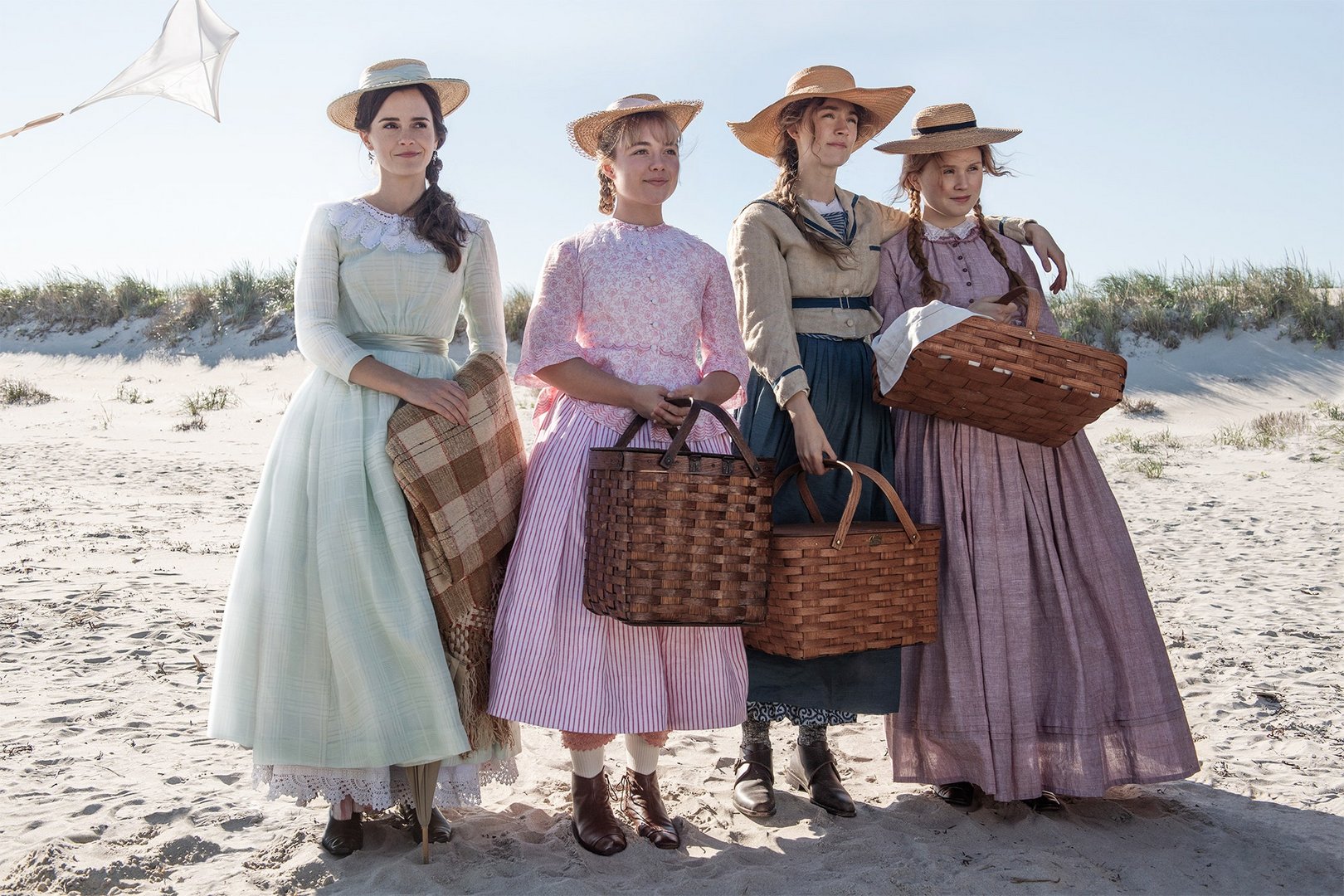THE WAY THINGS ARE
By Colette NiReamonn Ioannidou
Teens rush to grow up, the old often long for past youth and decisions we’d alter if we could. Inbetween years are hard for children navigating mental and physical changes as the young adult immersed in new life experiences, emerges.
Countries afflicted by occupation or war also experience change when perspectives and political affiliations are influenced by historical or political expediency. Some present-day politicians apologise for past acts carried out under their nations’ flags, and honest civilians in offending countries wish they could change blots on their history.
I knew I was growing up when my sisters gave me books that weren’t child fare. May gave me Louisa May Alcott’s Little Women and Nuala the Diary of Anne Frank; both are still in print. Little Women’s older story of family and friendship, depicts a time when females were expected to behave like ladies; it was pleasant reading about feisty Jo, a writer who rejects those imposed ideals. Alcott, a prolific author of other genres who wasn’t keen on writing ‘moral pap for the young’, created the story around her and her siblings.
The terrifying changes to Anne Frank’s life, closer to my own years as a child born during WWII, were horrific. The spirited teen’s life began well in a good home. When locked into a concealed space, Anne wrote her secret thoughts in her dairy, as I did in happier times in mine. It was easy to empathise with her. The changing emotions between her and Peter, a lad also in hiding, are revealed in her own words. Her family and other Jews, hidden under dire circumstances from Nazi eyes, were eventually discovered and taken to concentration camps. Anne died in Bergen-Belsen, but her diary survived. Her father, the only survivor, published it.
January hosts Holocaust Memorial Day and Ireland’s Bloody Sunday anniversary, when peaceful demonstrators were killed by British forces in Northern Ireland. There are other days through the year when crimes by the IRA and Ulster Loyalists that also took innocent civilian lives are recalled on the Green Isle and the UK.
Some are sympathetic to Israel, others feel Israel has treated Palestinians very badly. A valued friend, married to a Palestinian, when asked why Jews in Israel, a race so persecuted for centuries, could not find it in their hearts to give the Palestinians breathing space as they had been given after WWII’s hideous log of atrocities replied that those who are persecuted often become worse persecutors when they feel threatened again.
In the post war years in Cyprus, there was sympathy and understanding of the Palestinian problem as Cyprus too, was under occupation, with a large percentage of her population pushed (in less long-lasting, bad conditions) into one part of what was formerly their whole island. Then, one Christmas, a brightly lit ‘HAPPY HANUKKAH’ sign stood outside Larnaca Road police station and has done since. Change.
The difference evolving between both small nations decrying land grabs, saw Cyprus with gas prospects, and regional neighbours with mutual interests, becoming allies. Palestinians have nothing to offer the commercial world in return for assistance or interest. Crimes against them are not on a Holocaust scale, yet ongoing injustices continue; Israeli human rights organisation B’Tselem details them. Depending on whom you speak to about the Palestine-Israel conflict, you hate Jews, or you approve the actions of Palestinian factions. I don’t hate Jews, Modigliani, an Italian Sephardic Jew, is the artist I admire most. I have always felt immense sorrow at what happened to Jews and other unfortunates in the Holocaust.
My stated sympathy is not for political factions but for a people that has endured years of constant obstruction and unfairness. Not all Palestinians are terrorists or angels, and not all Jews are saints or victims. A UN friend spoke to me of his disbelief at seeing Palestinian homes demolished during the War of the Stones in a land that called itself a democracy. Ordinary people of that divide, as in Cyprus, I think, would mostly want a secure life for the generations to come, lived in peace and prosperity.
Louisa May Alcott rests in Sleepy Hollow cemetery, her work lives on. Anne Frank rests in the hearts of those who read her only story. What kind of writer might she have become, what nature of Israeli would she have become if she had sought refuge there had hatred not extinguished her lively, intelligent light? Would she have understood, more than most, what it means to be squeezed into a confined, frustrating, unhealthy space as Palestinians have been, and use her words to fight for change and peace?







Click here to change your cookie preferences